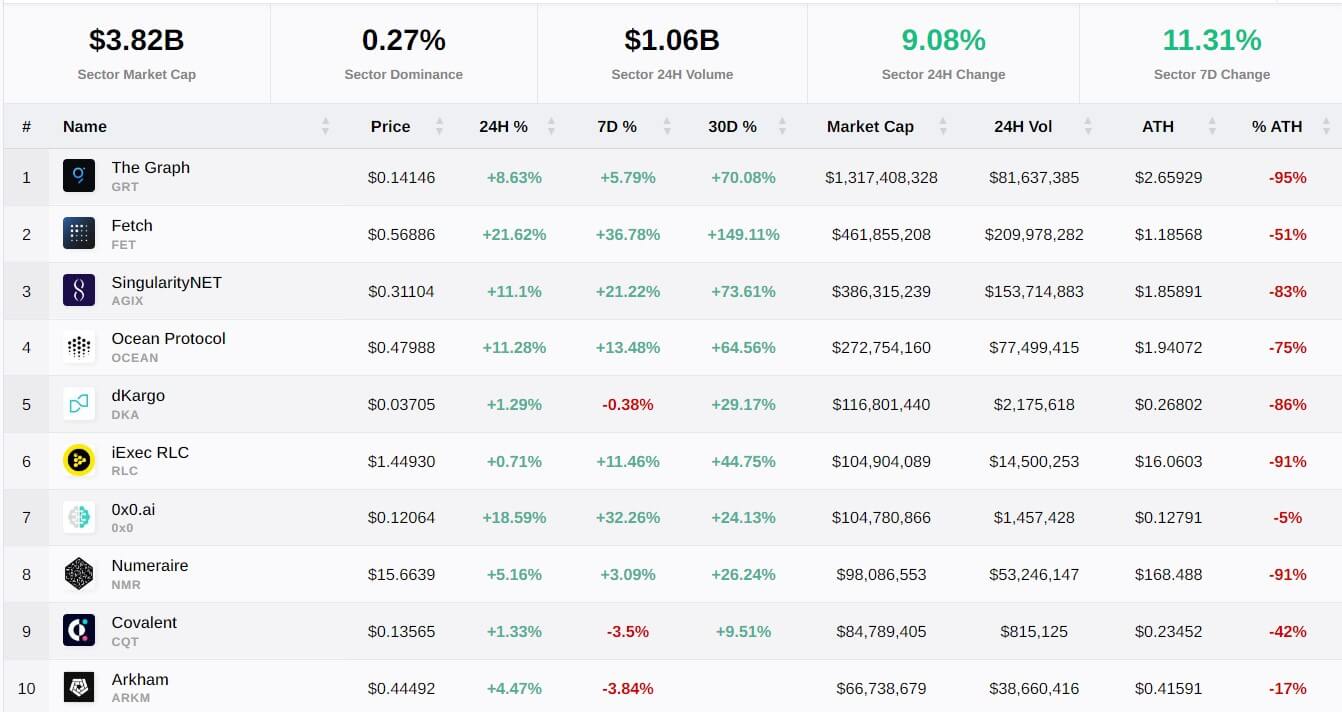Charles Hoskinson questions AI's censorship and selective training
Charles Hoskinson, co-founder of Input Output Global and the Cardano blockchain ecosystem, took to X with concerns over the implications of artificial intelligence (AI) censorship.
Hoskinson called the implications of AI censorship “profound” and something that continually is of concern to him. “They are losing utility over time due to ‘alignment’ training,” he argued.

Gatekeeping the whole truth
He pointed out that the companies behind the main AI systems in use and available today — such as OpenAI, Microsoft, Meta and Google — are run by a small group of people who are ultimately in charge of the information these systems are being trained on and can’t be “voted out of office.”
The Cardano co-founder posted two screenshots, in which he asked the same question, “tell me how to build a farnsworth fusor” to two of the top AI chatbots, OpenAI’s ChatGPT and Anthropic’s Claude.
Both answers provided a brief overview of the technology and its history and included a forewarning of the dangers of attempting such a build. ChatGPT warned that it should only be attempted by individuals with a relevant background, while Claude said it cannot give instructions because it could be “potentially dangerous if mishandled.”
The responses to Hoskinson’s overwhelmingly agreed with the sentiment that AI should be both open-sourced and decentralized in order to stop Big Tech gatekeepers.

Related: Corporate AI could undermine Web3 and decentralization — Industry observers
Issues around AI censorship
Hoskinson is not the first person to speak out against the potential gatekeeping and censorship of high-powered AI models.
Elon Musk, who has also started his own AI venture xAI, has said the greatest concern with AI systems is political correctness, and that some of the most prominent models of today are being trained to “basically lie.”
Earlier in the year, in February, Google was called out for its model Gemini producing inaccurate imagery and biased historical depictions. The developer then apologized for the model’s training and said it would be working to fix it immediately.
Google and Microsoft’s current models have been modified so as to not discuss any presidential elections, while models from Anthropic, Meta and OpenAI have no such restrictions.
Concerned thought leaders both inside and outside of the AI industry have called for decentralization as a key to more unbiased AI models. Meanwhile, in the United States, the antitrust enforcer has called for regulators to scrutinize the AI sector in an effort to prevent potential Big Tech monopolies.
Magazine: ChatGPT ‘meth’ jailbreak shut down again, AI bubble, 50M deepfake calls: AI Eye



